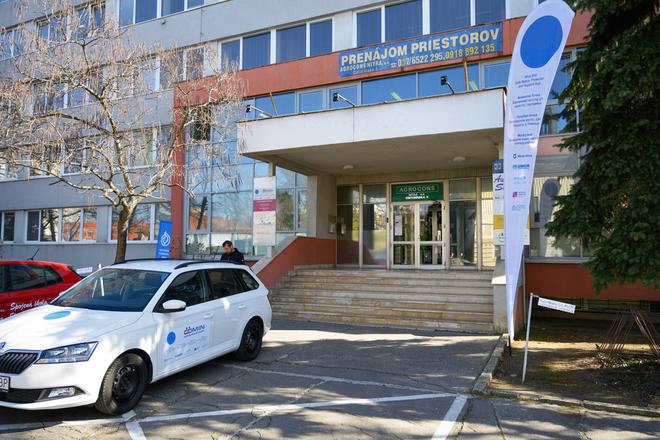“Slovakia is getting used to the fact that migration waves will impact its territory just as in other countries, and we can’t expect them to avoid a country which is in the common European space,” says Tomáš Holúbek, the spokesperson of Nitra, a city in western Slovakia.
In summer this year it became the first municipality in the country to adopt a comprehensive strategy to integrate foreigners, as a response to the increasing number of foreign nationals who have chosen to live there.
The reasons for this growth include the relatively recent arrival of big employers such as carmaker Jaguar Land Rover, Russia's full-scale invasion of Ukraine in 2022, and a rise in migration that occurred in 2023.
Since the town’s representatives expect the number of foreigners to continue rising, it is important for these people to be effectively integrated into society so that they can contribute to Nitra’s development. Successful and effective integration also strengthens social and community cohesion, and prevents potential conflicts, the city's strategy reads.
Several other towns and cities across the country are taking this approach, and focusing more on the integration of foreign nationals living on their territory. However, they face numerous obstacles, linked particularly to money and the absence of a coordinating state body.


